
Use of Entities vs. Trusts When Participating in an SPV
Ah, Special Purpose Vehicles (SPVs). The go-to investment structure for people who want to pool money together without the headache of forming an actual fund. Whether you’re a high-net-worth investor looking to park cash in the next unicorn startup or just a savvy dealmaker who enjoys the thrill of limited liability, you’ll need to decide how you’re going to hold your stake. And trust me, it’s not as simple as flipping a coin between “entity” and “trust.”
See, the law—being the delightful maze of complexity that it is—treats different ownership structures in wildly different ways. Pick the wrong one, and you might end up with unnecessary taxes, liability exposure, or, worse, a paperwork nightmare that even your CPA won’t return calls about.
So, let’s break it down. Should you use an entity (like an LLC or corporation) or a trust (because nothing says “I plan ahead” like a well-structured estate vehicle) when diving into an SPV? Buckle up—this ride is about to get legally enlightening (and maybe a little entertaining).
1. What is an SPV?
Let’s start with the basics, because even though you may pretend to know what an SPV is, you’d be amazed at how many people think it’s some sort of funky hedge fund or an offshoot of the latest Silicon Valley startup. It’s not. It’s an investment vehicle, plain and simple, designed for one specific purpose: to pool capital from multiple investors and isolate that capital from everything else. Think of it as a glorified piggy bank that only gets raided when everyone agrees to dip their hands in together.
Here’s the thing—an SPV is special because it’s usually set up for one, maybe two, projects. You’re investing in that hot new real estate development? SPV. Want to throw some cash at a startup that promises to revolutionize how we communicate with our cats? Yep, SPV again. The point is that the SPV exists to isolate the risk, usually with a clean, neat structure where investors can come in, pool resources, and get out without worrying about their other investments or personal assets.
Why bother with this whole SPV thing? For one, it keeps your investment isolated from your other assets, limiting your liability. So, if the project goes south (which, let’s face it, sometimes happens), the SPV shields you from legal claims and creditors looking to dive into your other, less-exciting holdings. It also helps investors avoid the need to deal with the inefficiencies and headaches of a full-blown fund structure, which would require much more oversight and regulation than many investors are willing to deal with.
Now, before you start daydreaming about how you’re going to make millions from your next SPV investment, let’s acknowledge that setting up the right structure for your SPV—entity or trust—is a little more nuanced than just signing a check and calling it a day. The structure of the SPV impacts everything from liability to taxes, and we all know that taxes are like the one thing you can’t avoid in this world (unless you’re a particularly slick offshore account holder, but that’s a conversation for another day).
So, let’s dive into the nitty-gritty of how you, the savvy investor, should choose between an entity and a trust to maximize your investment and minimize the headaches that come with it when you're acquiring assets.
2. Using an Entity (LLC, Corporation, or Partnership) in an SPV
Alright, let’s get to the meat and potatoes of this whole SPV thing—entities. When people talk about "structuring" their investment, they’re usually referring to one of these bad boys: LLCs, corporations, or partnerships. These are your trusty workhorses, the structures that are as American as apple pie, and far more effective when it comes to managing risk and minimizing tax exposure. But like anything, they come with their pros and cons, and if you don’t know what you’re doing, you might be in for a ride filled with more paperwork than a tax accountant’s worst nightmare.
Advantages of Using an Entity in an SPV
- Liability Protection
This is probably the most obvious and important perk of using an entity in your SPV. By setting up an LLC, corporation, or partnership, you’re creating a separate legal entity that stands between your personal assets and the liabilities of the SPV. Let’s face it, you don’t want a lawsuit from a bad investment project to bankrupt your yacht fund, right? The entity protects your personal assets (unless you’re doing something truly reckless, but we’ll get to that in a minute). - Tax Efficiency
Here’s where the fun begins. With entities, you can usually enjoy pass-through taxation, meaning the profits (and losses) from the SPV are reported on your personal tax return, not the SPV’s. For LLCs and partnerships, that’s usually a pretty sweet deal, because it avoids double taxation. Now, if you go the C-corp route (because, sure, who doesn’t want the extra layer of complexity), you may end up paying corporate taxes first, and then again when dividends are paid out. But hey, some people like the corporate look—it’s got that “I mean business” vibe. - Flexibility in Management
When you choose an entity, especially something like an LLC, you have full control over how the SPV is managed. Want to be the king of your domain? Fine. Prefer a more collaborative, democratic management style with your co-investors? Also fine. The point is, entities offer flexibility in structuring the day-to-day operations and decision-making, unlike a trust, which may come with some rigid rules. - Credibility & Institutional Preference
Oh yes, the world of institutional investors loves a nice, shiny LLC or corporation. They know the rules of the game with these structures, and frankly, they tend to look more favorably on them. It’s easier to gain credibility with banks, lenders, and even other investors when you’re working with an entity. They’re used to these structures, and they like how predictable the management and financial reporting are. Trusts, on the other hand, can raise more eyebrows, especially if the trustee isn’t holding up their end of the bargain.
Disadvantages of Using an Entity in an SPV
- Administrative Costs
Look, nothing in life is free, and neither is the creation and maintenance of an entity. LLCs and corporations come with formation fees, annual filings, state registration, and possibly, legal compliance costs that can start to add up. Add a few members, and suddenly you’ve got a whole pile of paperwork to manage. While you’re enjoying the liability protection and tax perks, the fees may start to feel like a bit of a weight on your shoulders. - Compliance & Reporting Requirements
Entities are under the watchful eye of the law, which is great for protection but not so great for those who like to avoid red tape. You’ve got annual reports, tax filings, and possibly even the need for audited financials, depending on the size of the SPV. If you're running a small, quiet investment vehicle, this might be more hassle than it's worth. But if you're scaling up or dealing with institutional investors, this may be a necessary evil. - Double Taxation (For C-Corps)
Ah yes, the charming little issue of double taxation. If you decide to go the corporation route, be prepared for the IRS to get its share of the action—first from the corporate profits, and then again when you distribute dividends to shareholders. Sure, the corporate shield looks fancy, but when you pay taxes on the same money twice, it starts to feel like a bit of a scam.
Bottom line: Entities are solid, well-understood structures that offer a good mix of protection, tax flexibility, and institutional appeal. But, like that shiny sports car you bought on a whim, they can come with maintenance costs, reporting headaches, and occasional snags in the tax department. So, if you’re a control freak who loves flexibility and doesn’t mind paying for it, an entity could be your best friend. But if you’re looking to keep things simple and a bit more private, well, let’s just say there’s another option out there that might be calling your name.
3. Using a Trust in an SPV
Ah, the trust—because who doesn’t want to sound all “estate planning expert” and throw around terms like “fiduciary duty” while making passive investments in SPVs? But don’t let the jargon fool you; trusts aren’t just for the ultra-wealthy looking to dodge taxes on their inherited art collections. They also offer some seriously attractive benefits for the right type of investor, even if you’re just here to add a little “protection” to your SPV investment without having to deal with all that noisy LLC or corporation drama.

So, why consider a trust for your SPV? Well, let’s break it down. And, spoiler alert, it's not just about passing along your gold-plated yacht to your heirs with minimal fuss.
Advantages of Using a Trust in an SPV
- Estate Planning Benefits
If you're one of those people who actually plans ahead (bless you), a trust could be the golden ticket for smooth sailing when it comes to estate planning. A well-structured trust allows you to ensure that your SPV investments pass to your beneficiaries without going through the tedious probate process. Basically, you get to be the cool grandparent who leaves a legacy without the family bickering about who gets the rights to your dusty old coin collection. The trust makes sure things go according to your plan—no messy court battles, just a smooth transfer of assets when you’re gone. Think of it as making life easier for the people who may (or may not) remember to put a nice picture of you on your gravestone. - Asset Protection
Worried that a rogue lawsuit could come after your SPV? A trust can shield assets from creditors and legal claims. Since the assets are owned by the trust and not you personally, they’re generally off-limits to anyone trying to get at them. It’s like wearing a bulletproof vest for your investments. Now, are we talking about 100% invulnerability? Of course not. But the last thing you want is some random creditor coming after your SPV’s assets—and with a trust, they’re typically going to have a much harder time getting their hands on your investments. - Tax Planning Opportunities
Trusts, especially those that are well-structured and designed with tax benefits in mind, can offer unique tax advantages. For example, if you set up a charitable trust or other tax-efficient trust structures, you could potentially minimize tax exposure on your SPV investment returns. While an LLC might give you pass-through taxation, a trust could offer you ways to offset those gains by funneling them in ways that benefit both your financial strategy and your family’s charitable causes (or even avoid taxes altogether, but again, no promises here—this isn’t that kind of trust). That being said, trusts are complicated when it comes to taxes. Consult with a tax professional to make sure you're not inadvertently creating a situation where the IRS starts knocking on your door asking for more than your fair share. - Confidentiality
We get it—you like privacy. Who doesn’t? While entities like LLCs and corporations require public filings, trusts often keep things a little more under wraps. Trusts are not subject to the same public disclosure requirements, so if your SPV investment involves a little more secrecy (say, you don’t want the whole world knowing about your latest real estate play or tech startup), a trust might be your best friend. No public record of ownership means less chatter around your business dealings. Sounds pretty attractive, doesn’t it?
Disadvantages of Using a Trust in an SPV
- Complexity in Setup & Administration
Listen, trusts are not simple. If you think you can just throw a few documents together and call it a day, well, let’s just say the IRS might have something to say about that. Setting up a trust requires a legal expert who knows what they’re doing—otherwise, you’re setting yourself up for some serious paperwork headaches. And while an LLC or corporation can be set up in an afternoon, creating a trust that actually works the way you want takes time and effort. Trust me, it’s not the “quick fix” you might be hoping for. - Limited Control for Beneficiaries
Here’s the catch with trusts: the control is in the hands of the trustee, not the beneficiaries. So, if you’re looking for full control over your SPV’s day-to-day management, a trust might not be your best bet. The trustee makes all the decisions on behalf of the trust, and while they are required to act in the best interest of the beneficiaries, there’s still a certain level of disconnection from the day-to-day running of the SPV. If you want to remain hands-on with your investment, you might find that trust structures are a bit restrictive. - Possible Higher Tax Rates
Okay, we get it—taxes are the worst. But in some cases, trusts can hit you with some not-so-friendly tax rates. Trusts are subject to their own tax brackets, which can sometimes be higher than individual tax rates. In some cases, the income generated by the SPV could be taxed at a rate that’s more aggressive than what you’d pay through an entity like an LLC. If you’re looking for a tax-efficient structure, make sure you understand exactly how the trust will be taxed before diving in.
Bottom line: Trusts are a great tool if you're looking to protect your assets, keep things confidential, and have a solid estate planning strategy. But, they require a bit more expertise and come with a level of complexity that might be a little over the top for some investors. If you're looking for flexibility, control, and a less-complicated setup, an entity might still be the way to go. But if you want to be the mysterious, ultra-strategic investor who plans for future generations while sipping a martini on your private island—well, the trust route might just be your vibe.
4. Which Option is Right for You? A Showdown Between Entities and Trusts in an SPV
Alright, you’ve been armed with all the essential intel about entities and trusts in the world of SPVs. But now comes the million-dollar question: Which one do you choose? Because let’s be real, picking the right structure for your SPV is not like deciding between Coke and Pepsi—it’s more like choosing between a Tesla and a private jet. Sure, both get you to your destination, but one will cost you a lot more in upfront investment, maintenance, and, uh, social reputation.
Here’s where we get to the fun part—how to choose based on your situation. You’re the one steering the ship, so let’s make sure you’re picking the right engine.
When to Go With an Entity (LLC, Corporation, or Partnership)
- You Like to Control Things
If you’re the type who likes to roll up your sleeves and take charge, entities are going to be more your speed. LLCs and corporations offer a lot of flexibility when it comes to managing your SPV. Want to run the show and make the calls? You can. Want to have investors take the reins while you kick back? You can structure that too. The point is: entities are built for hands-on, active management, so if you’re a micromanager who wants to be in control of every decision, entities will make sure you’re the boss. Plus, if you need to bring in outside investors down the line, you’ll find entities much easier to work with. Institutional investors, VCs, and lenders are far more familiar with LLCs, corporations, and partnerships. - You Want Simplicity (Relatively Speaking)
Look, nothing in life is truly simple, especially when it comes to managing an SPV, but entities are typically easier to set up and manage compared to trusts. They have fewer rules, less red tape, and generally don’t require a personal fiduciary (which we’ll talk about in a minute). You’ll probably need an attorney to draft your formation documents, but other than that, you’re not dealing with the hassle of appointing trustees and figuring out complicated tax strategies. If you want to get things up and running quickly, go with an entity. - Tax Concerns?
An LLC or partnership may be more tax-efficient for those who don’t want to deal with double taxation (unless you go the C-corp route, but that’s your choice). You can pass the income through to your personal return and, in some cases, avoid paying taxes at the entity level. If you're focused on keeping things simple on the tax front and not pulling any estate planning wizardry, entities have a clear edge here.
When to Go With a Trust
- You Want Privacy & Asset Protection
Trusts are a natural fit if you’re after privacy. They don’t require public filings the way an LLC or corporation does, and depending on the type of trust you set up, they can keep your SPV investments confidential. If you’re doing something where discretion is key—maybe a private real estate venture or a project that could raise some eyebrows—trusts allow you to keep your investment structures and details on the down-low. Plus, the asset protection benefits here are solid. Trusts can provide a higher level of protection from creditors and lawsuits, depending on how they’re set up. - You’re Doing Estate Planning
If you’re looking to pass on wealth without drama, trusts are your best friend. Let’s be honest, estate planning isn’t sexy, but it’s necessary for anyone who has significant assets they’d like to pass on. A trust ensures that your SPV investments—whether they’re real estate, private equity, or other assets—are distributed to your heirs without dragging your family through a long probate process. If the whole “estate planning” thing sounds appealing to you (or you’re trying to avoid the tax man down the road), trusts have some distinct advantages. - You Want to Leave a Legacy (With a Side of Tax Strategy)
Trusts can be useful if you want to combine tax efficiency with legacy planning. If you’re a super-strategic investor looking to create a plan where your wealth is protected, preserved, and passed down without triggering unnecessary taxes, the right type of trust can offer some serious tax breaks. You could also use a trust to benefit a charitable organization while reaping some rewards yourself. But just know, you’re getting into a level of complexity that requires expert legal and tax advice. If you’re prepared for that, a trust could be a game-changer.
What Happens if You Mix Them?
Now, I know you’re probably sitting there wondering, "Can I have my cake and eat it too? Can I use both a trust and an entity?" Well, yes, you absolutely can. And guess what? Many high-net-worth investors do exactly that. They’ll set up an LLC or corporation for the SPV to manage the day-to-day operations and handle the liabilities, and then place the ownership of that entity into a trust to take advantage of estate planning and asset protection benefits. It's like having the best of both worlds: control and flexibility from the entity, plus the privacy and tax advantages of a trust. But—and this is important—this kind of setup is complex and comes with extra costs for legal and tax experts. So, if you want to take this route, buckle up for a ride filled with paperwork, compliance, and some pretty hefty professional fees.
Final Verdict: There’s no one-size-fits-all answer here. The entity is your go-to if you want control, flexibility, and simplicity—plus a higher chance of institutional investors liking your SPV. But, if you’re looking for privacy, asset protection, and estate planning—and are ready to deal with some extra complexity—then a trust is probably your jam. At the end of the day, it’s all about your priorities. Control or confidentiality? Simplicity or strategy? It’s your call.
So, what’s it going to be? Trust the trust? Or go with the entity? Either way, just make sure you’re not trying to run an SPV like it’s a lemonade stand—get some expert advice and structure things properly. Trust me, you’ll thank yourself later.

Recent Posts
Newsletter
Get Latest News and Updates From VID.co! Enter Your Email Address Below.
Ready to get started with SPV formation?
Our team is here to guide you through every step, whether you’re launching a real estate SPV or need a tailored white label solution. Contact us today for a personalized consultation and find out how SPV.co can streamline your investment management.

.svg)


%201.svg)









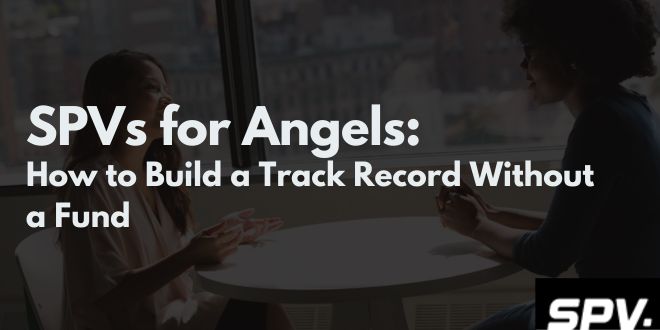



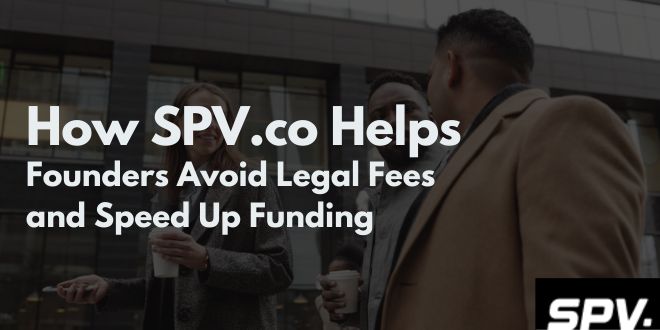
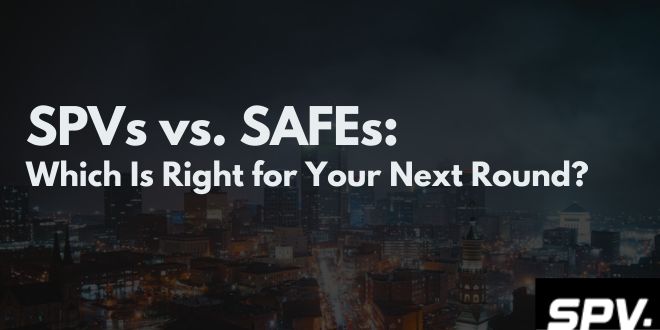

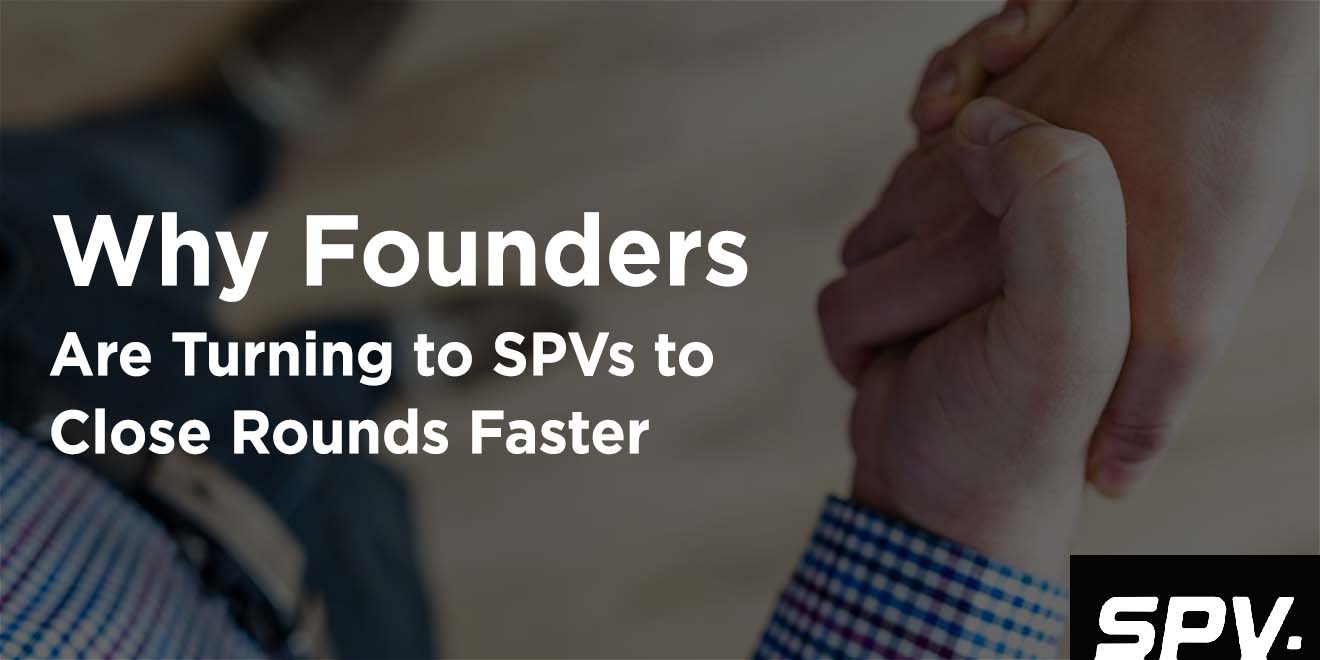
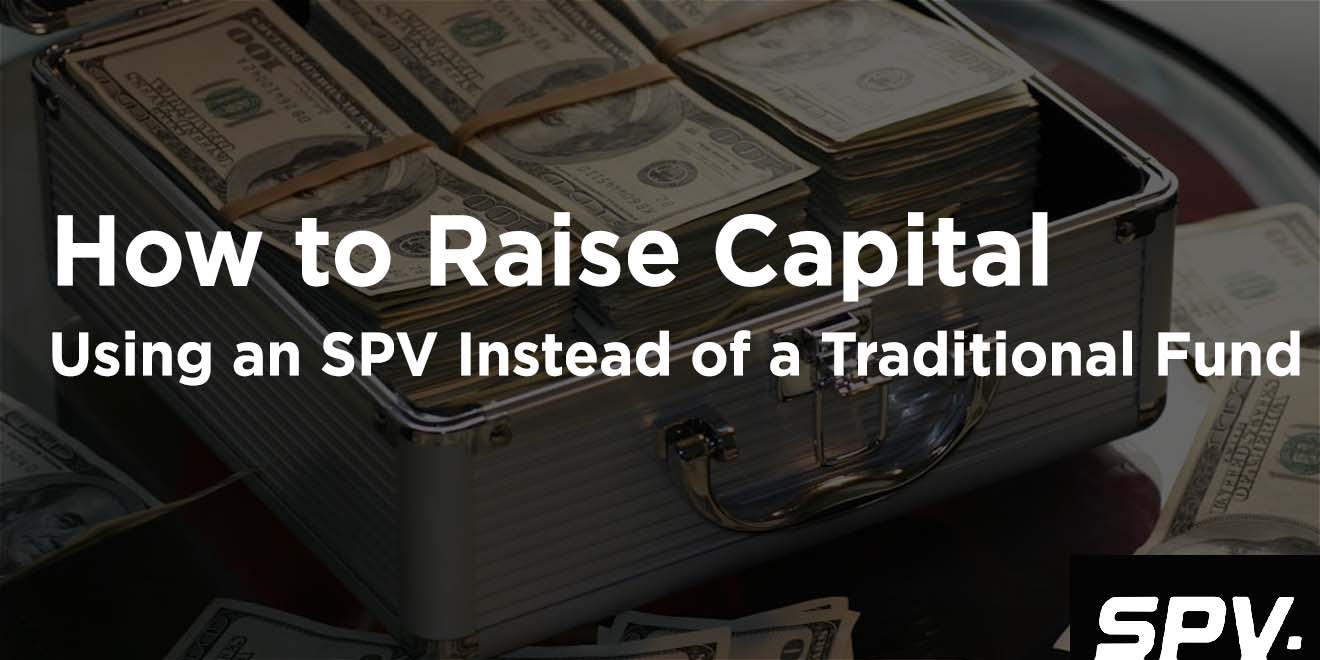
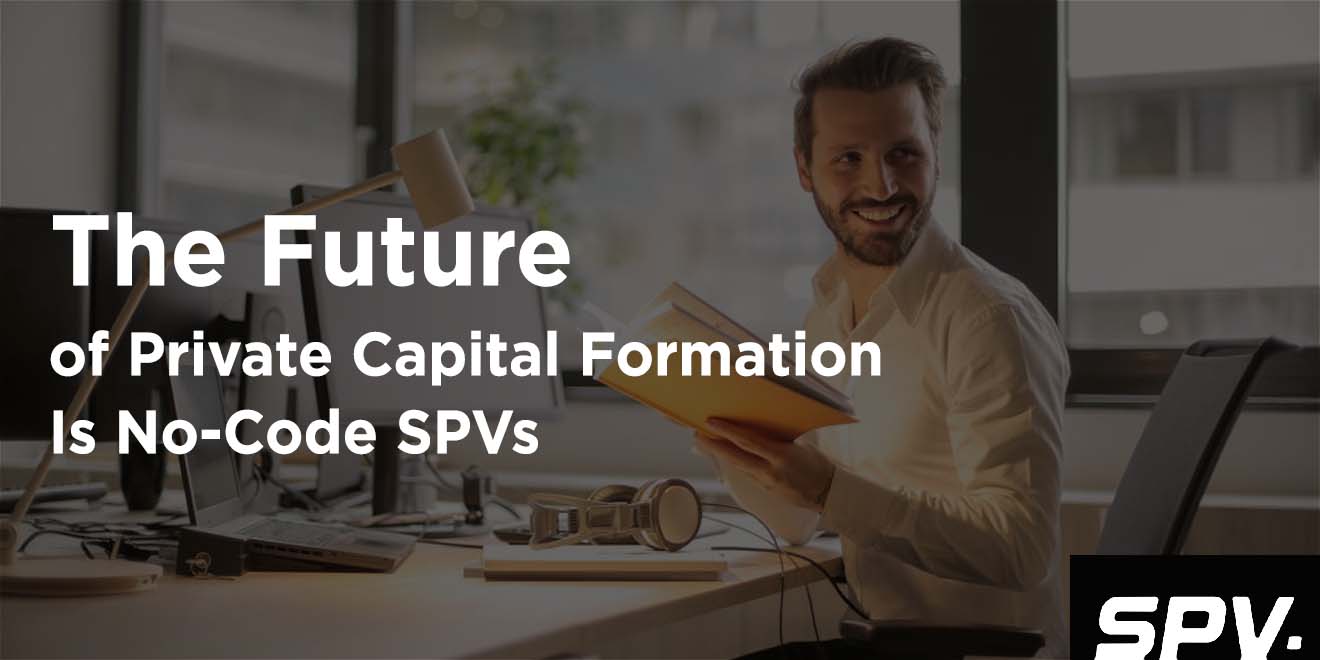
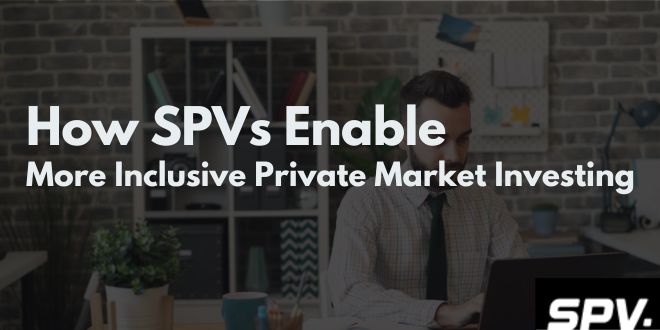

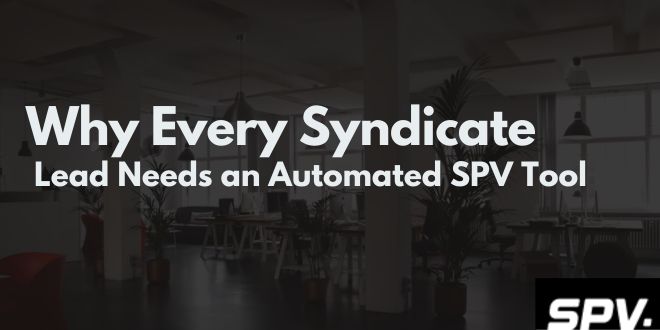
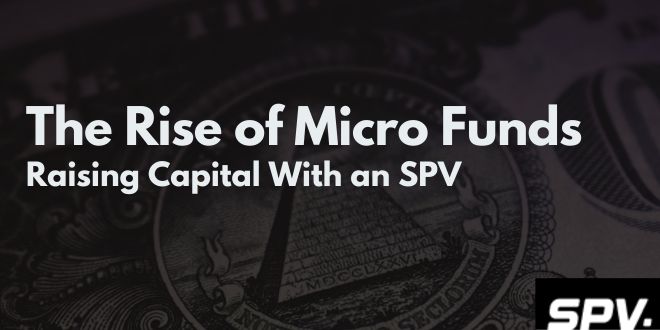
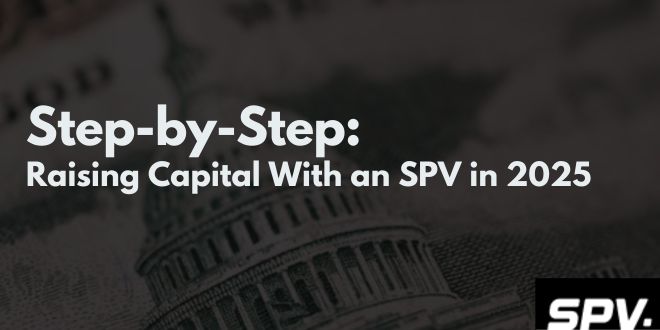

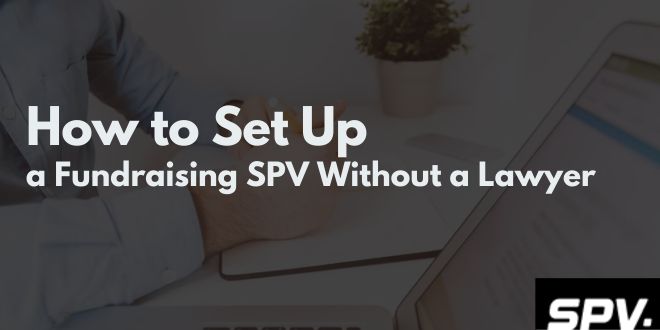
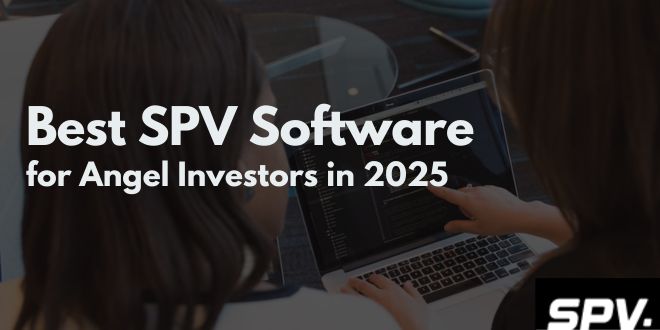
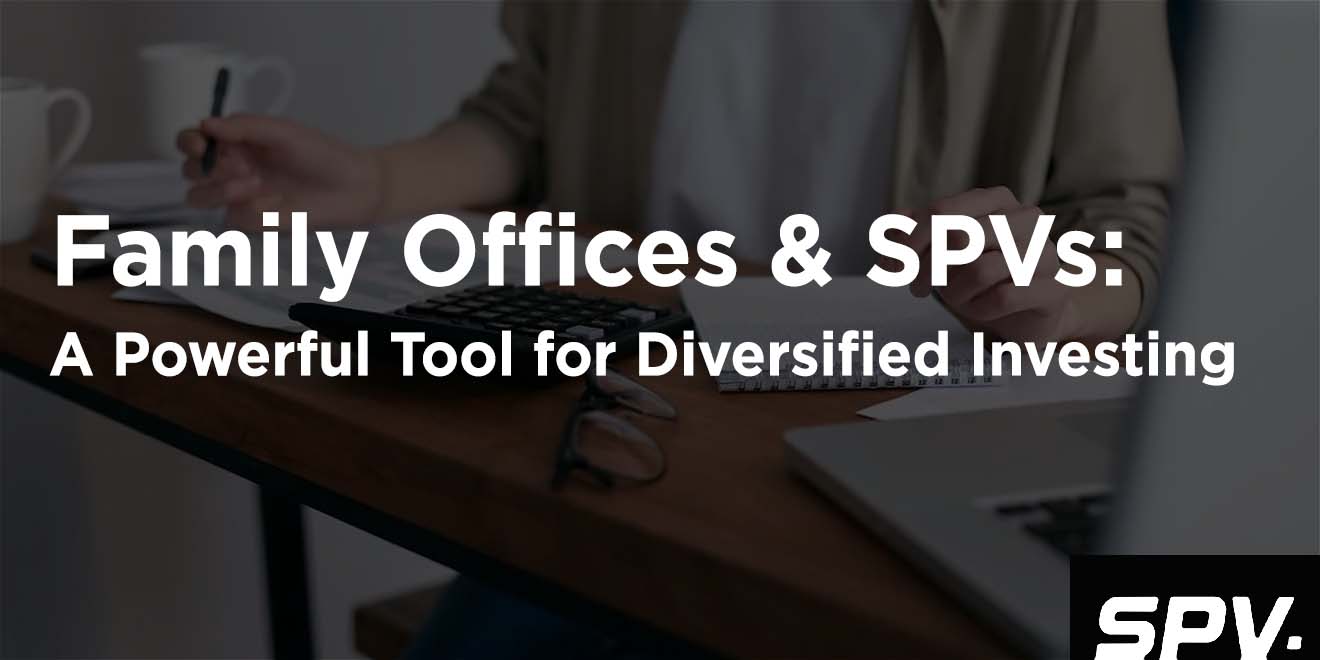
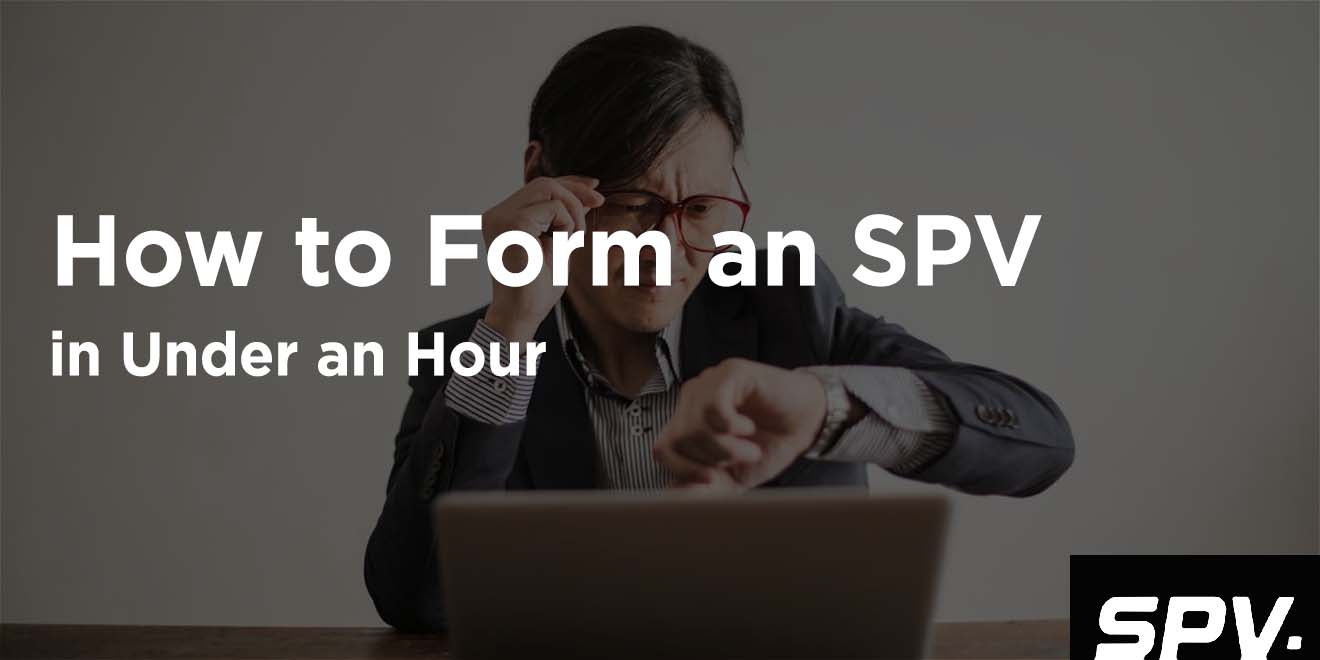
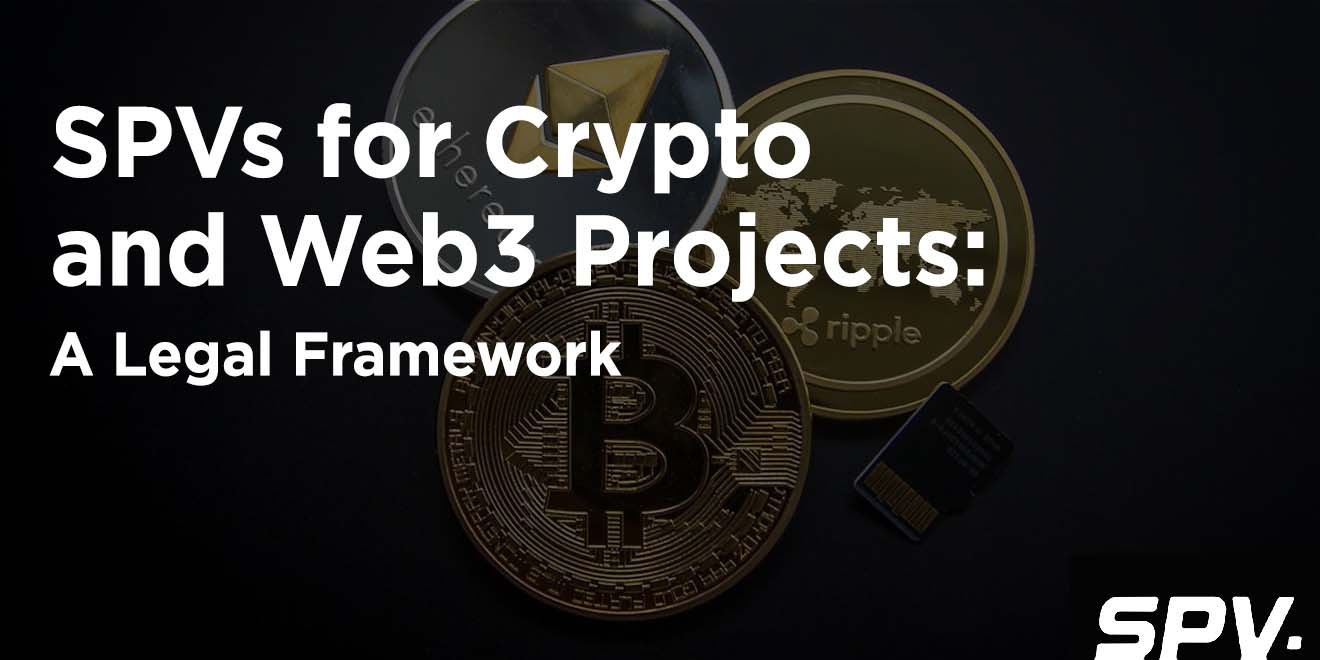

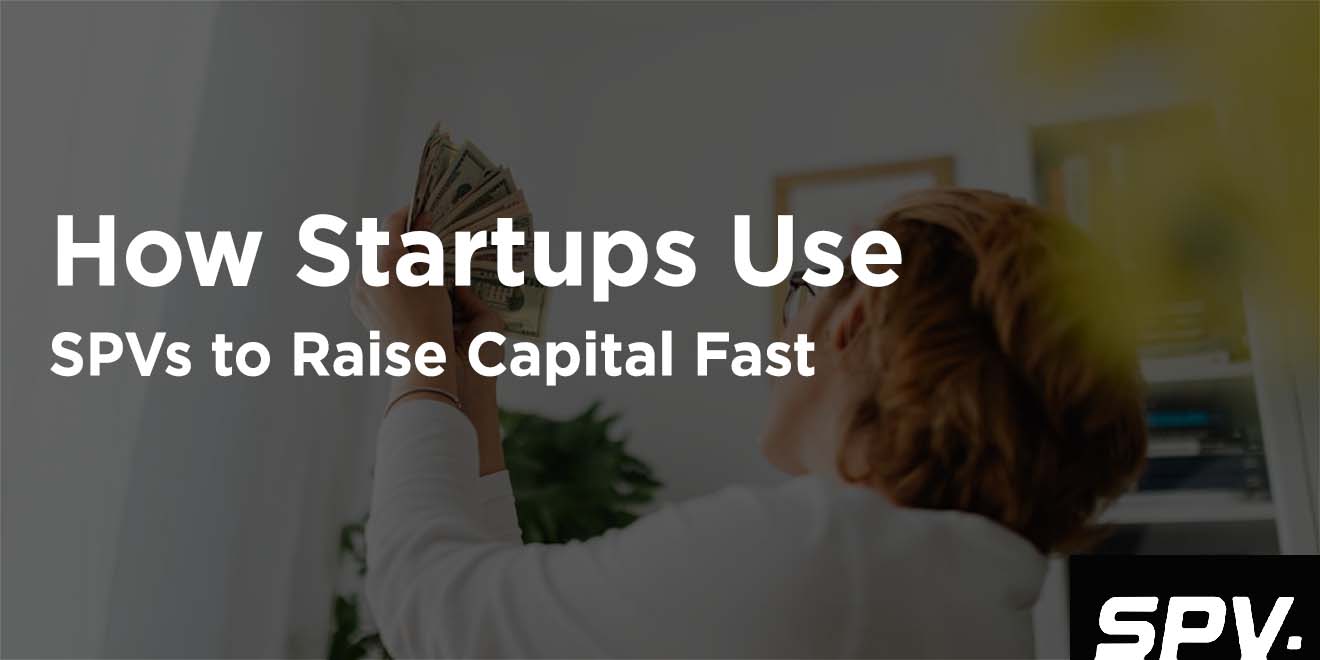


.jpg)


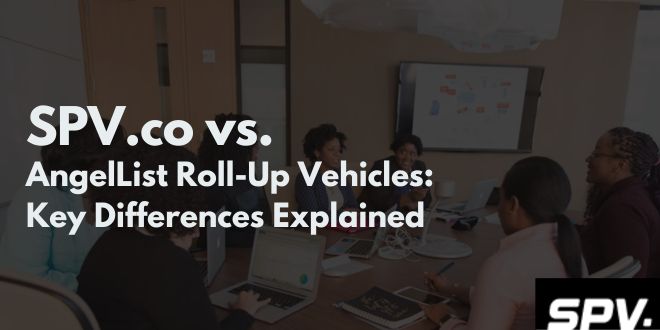

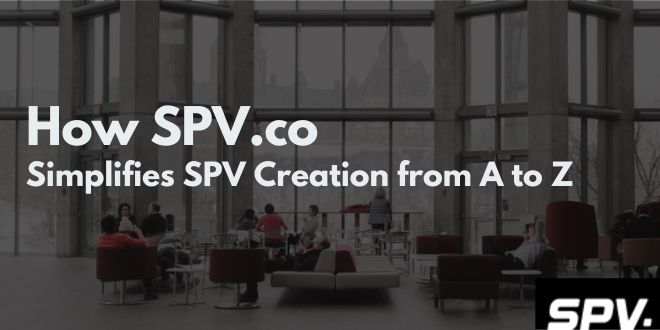
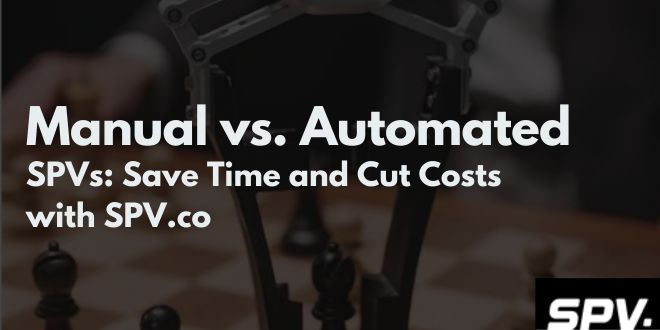


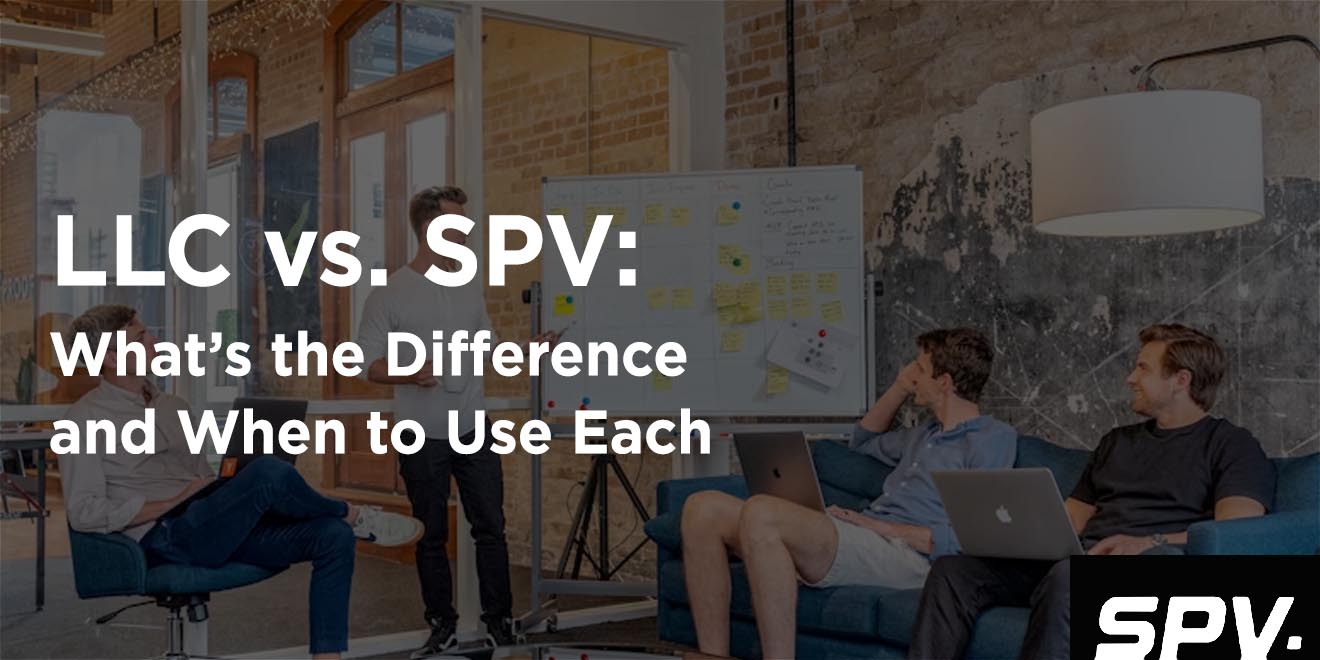
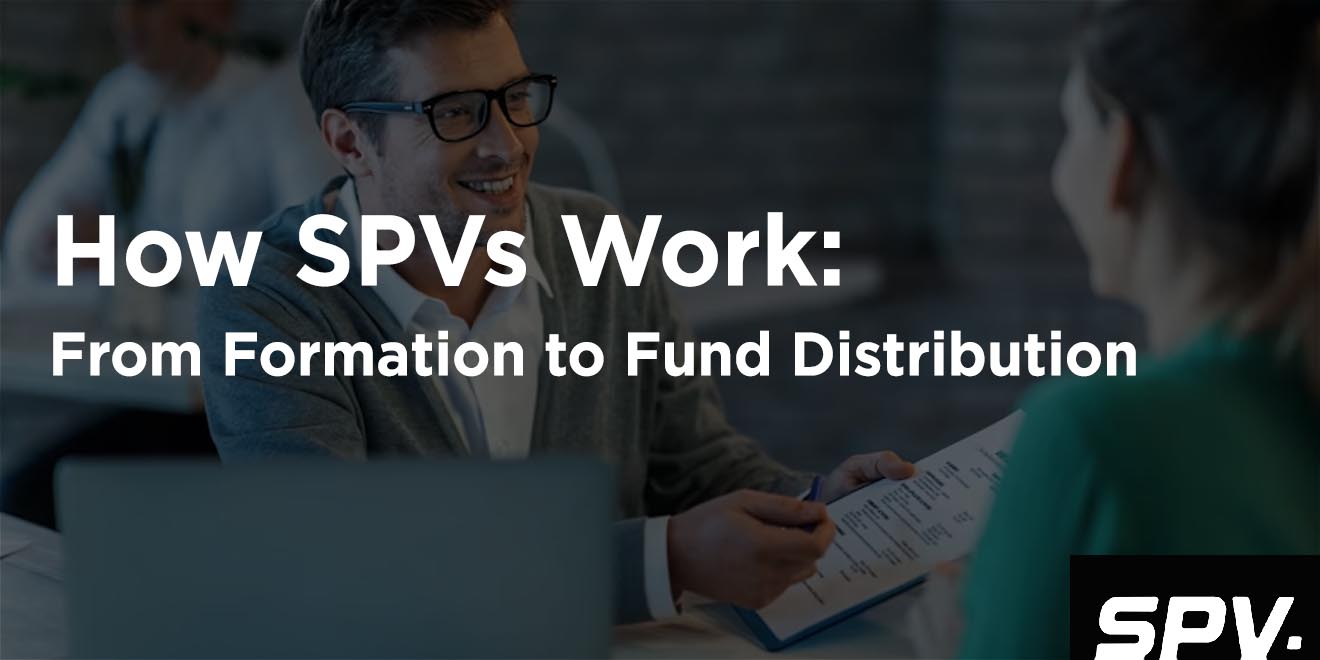
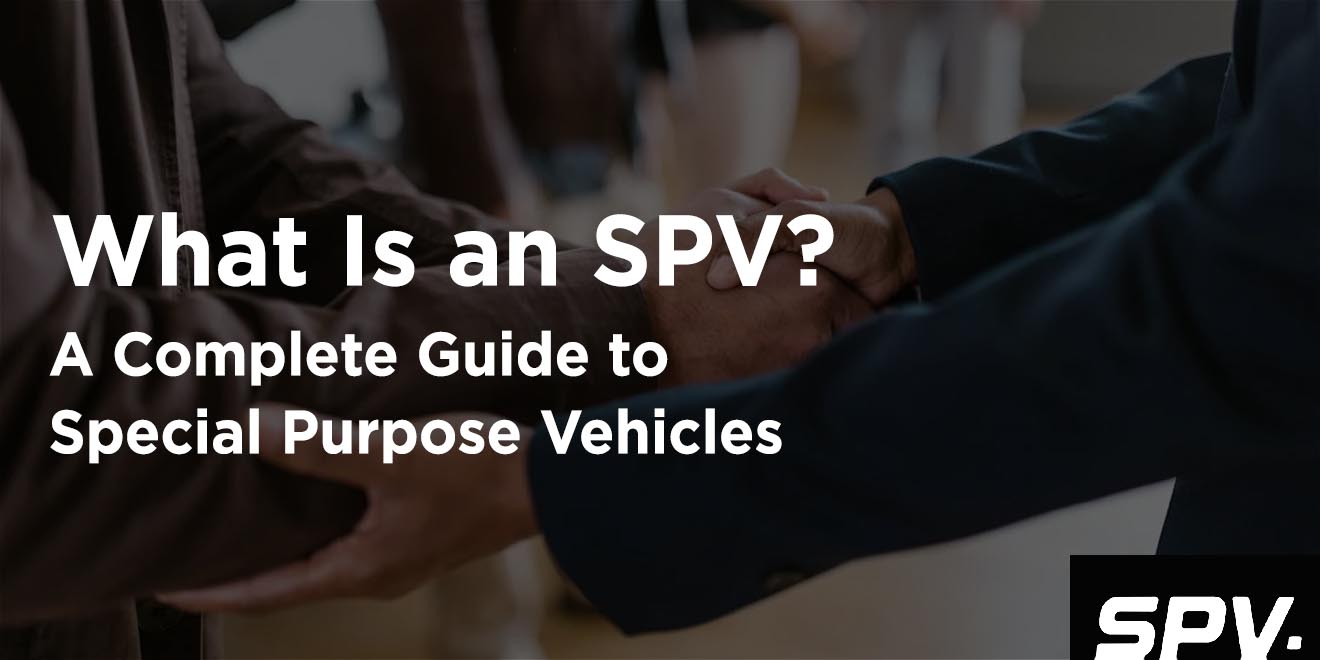
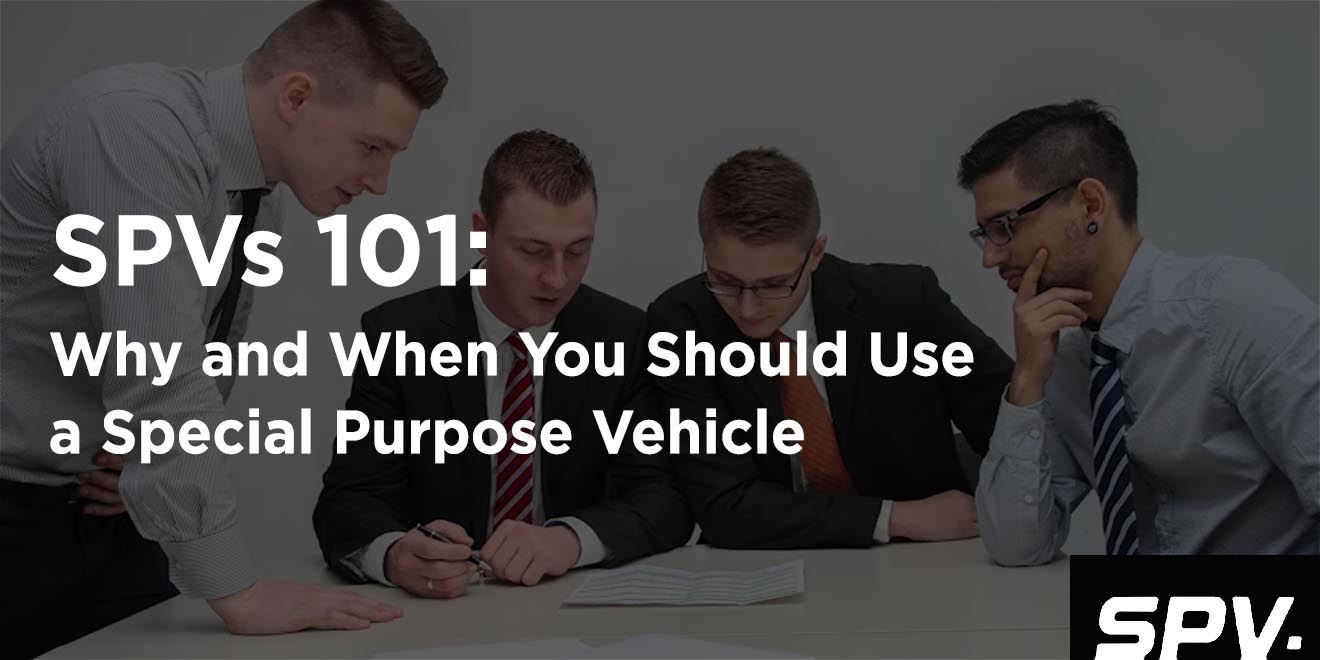





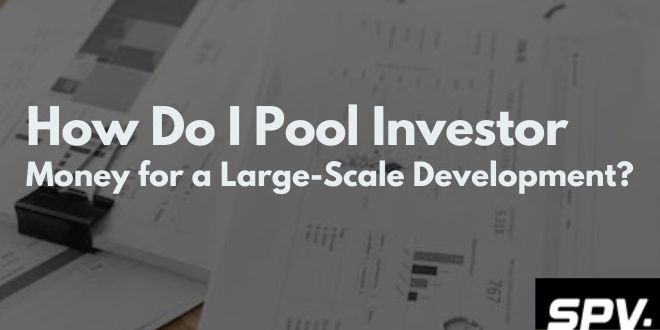


.jpg)










.jpg)



.jpg)
.jpg)





